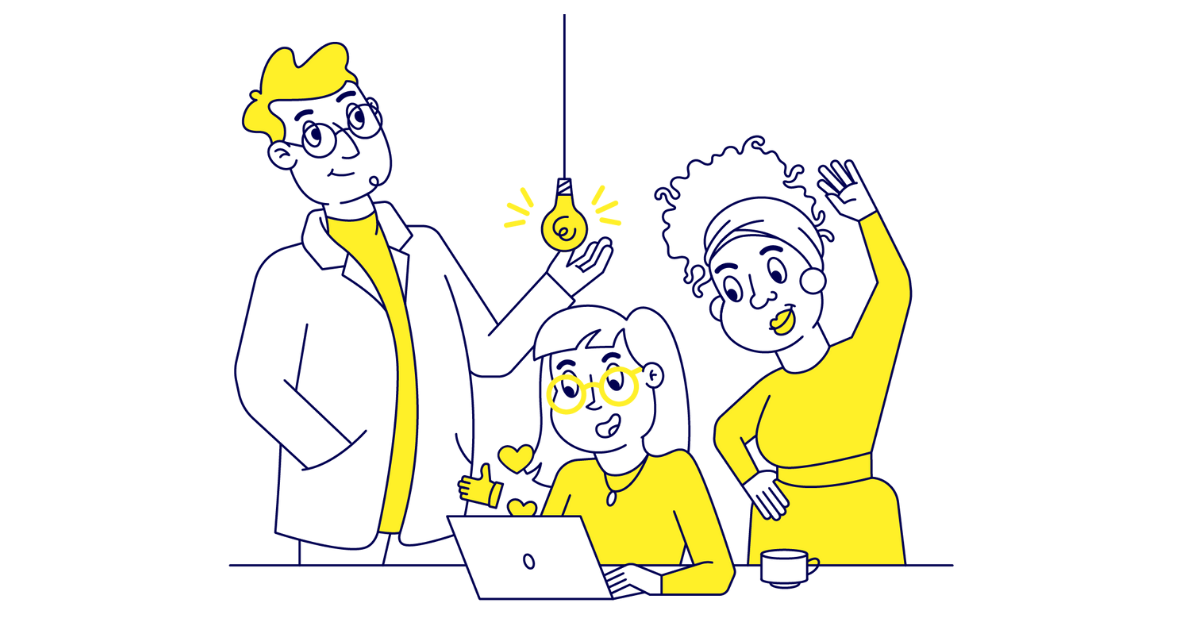Working life is changing at speed. Automation and AI are taking over more and more routine tasks, making human abilities – especially the so-called soft skills – increasingly important. At the heart of these are mental skills: everyday capabilities that help employees manage stress, adapt to change, and sustain long-term wellbeing at work.
Facts business leaders cannot ignore
- 70% of team engagement is attributable to managers and leaders (Gallup, State of the Workplace 2024)
- 88% of employees have experienced negative stress, with over half feeling it for more than six months – a 30% increase from 2023 (If Nordic Health, 2024)
- In Finland, mental health is the leading single cause of sick leave: more than one third of all compensated days are related to mental health (Kela, 2024)
These figures clearly show that strengthening mental skills is both a human and a strategic necessity. It is more than a wellbeing initiative – it is a way to ensure organisational continuity, safety, and competitiveness.
Psychological safety – the foundation of workplace success
Psychological safety is one of the most important success factors in working life, enabling trust, innovation, and thriving teams. It is not a single mental skill, but a collective strength of the workplace. It emerges when interaction, empathy, resilience and other mental skills are embedded in daily work. Psychological safety means an atmosphere where people dare to share ideas, ask questions, make mistakes, and grow together.
6 mental skills organisations should prioritise
1. Respectful interaction (interpersonal skills)
The mental skill that builds or breaks community. The ability to listen, communicate clearly, resolve conflicts, and show empathy. Strong interaction fosters trust and prevents misunderstandings
2. Stress management and recovery
The ability to recognise signs of overload, regulate pressure, and ensure recovery. Without recovery, both wellbeing and performance suffer.
3. Resilience
The ability to bounce back from setbacks, adapt to change, and maintain balance in uncertainty. In today’s fast-paced working life, resilience is one of the most vital team assets
4. Emotional regulation
The ability to identify, accept, and handle emotions constructively – both one’s own and those of others. Good emotional regulation helps prevent conflicts and strengthens collaboration.
5. Self-awareness and self-compassion
Recognising one’s strengths and boundaries, while treating oneself with kindness. Self-awareness leads to wiser choices, and self-compassion protects against burnout.
6. Focus and prioritisation
The ability to direct attention to what truly matters, filter distractions, and set clear boundaries. Focus is a real superpower in the face of constant interruptions and urgency
Why developing mental skills pays off
Developing mental skills is not just a wellbeing initiative – it is also a financially sound investment.
Organisational benefit – ROI of supporting mental skills
According to Deloitte (2024), every €1 invested in mental health yields an average return of €4.70 – and broad, organisation-wide measures can deliver up to €7.50 per euro invested.
When employees thrive, sick leave decreases, productivity rises, turnover drops – and organisational culture grows stronger.
Proactive support – impact on employees
When employees receive low-threshold support and tools to strengthen their mental skills, the impact is quickly visible in everyday life: less stress, better recovery, and more energy for work.
Individuals who manage stress and recognise their strengths are also more committed, creative, and collaborative. According to McKinsey (2024), resilient employees adapt to change faster – they are three times more committed and four times more innovative.
HR’s role – building a culture of mental skills
HR has a central role in how mental skills are supported and developed in organisations. Traditionally, actions have focused on addressing problems only once they are already visible.
Now, more and more HR professionals are shifting their focus to prevention and skill-building. HR can act as a forerunner, guiding the organisation towards a culture where strengthening mental skills is part of everyday work – and where people can thrive, collaborate, and adapt better to change.
Conclusion
When organisations strengthen these six mental skills and shift the focus to proactive support, the effects are seen in both individuals and the whole community. It is an investment that pays for itself – both humanly and financially.
Auntie acts as a strategic partner, helping organisations turn insights into concrete action. Our services support both employees and leaders in everyday challenges while laying the foundation for a psychologically safe, resilient, and successful working life.
Discover how Auntie can support your organisation.
Writer:

Auntie
Auntie provides mental wellbeing services for employers who truly care about their people. Our services have been proven to boost employee satisfaction, productivity, and commitment while reducing the need for sick leave. Designed for different challenges at work and in life, Auntie’s service packages include a series of anonymous online sessions with mental wellbeing professionals. Already, more than 500 organisations across six countries offer Auntie’s preventive, needs-based, and fast-to-start services to their people. Founded in Finland in 2015, Auntie is growing rapidly. Today, we support and coach people in tough situations in 25 different languages.







